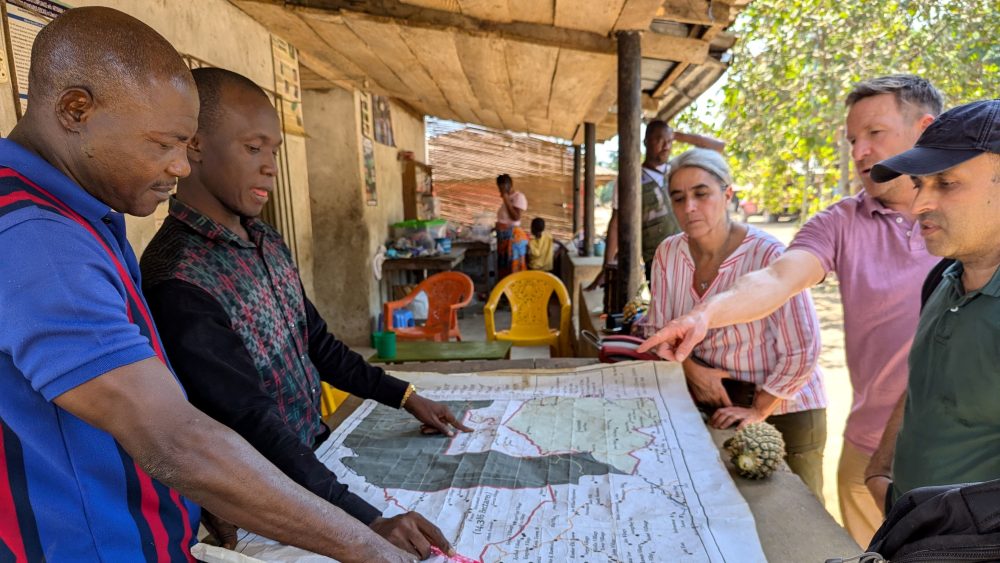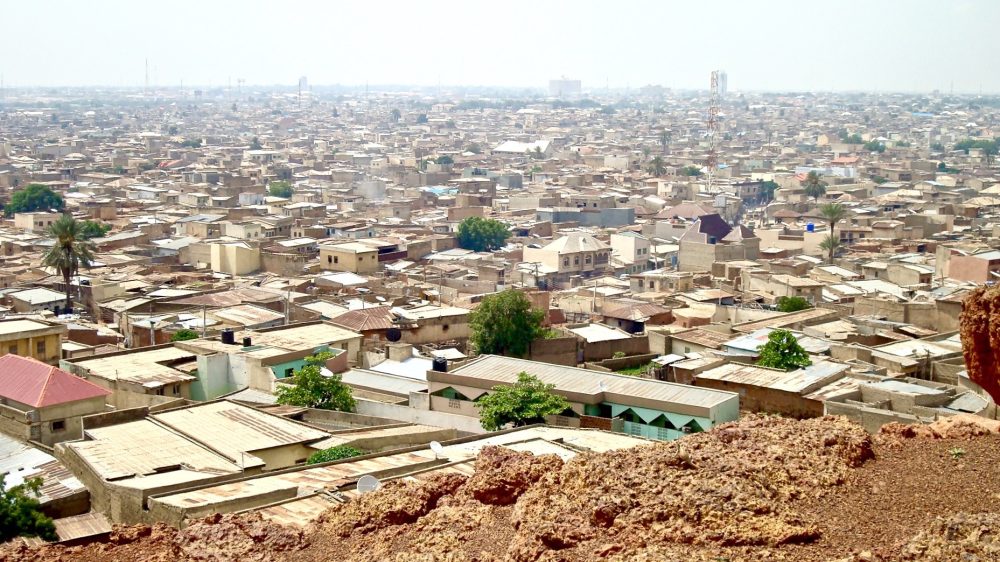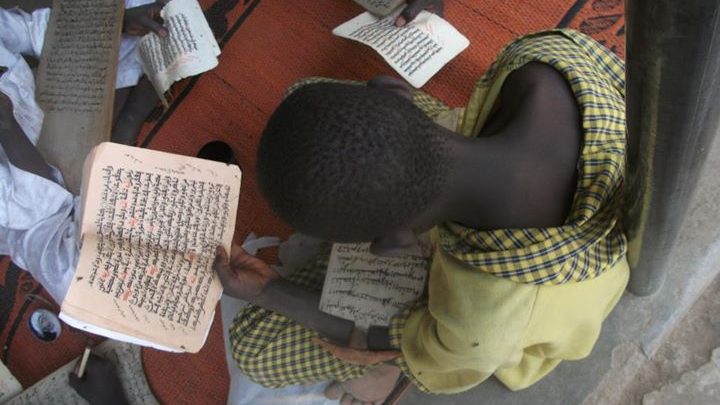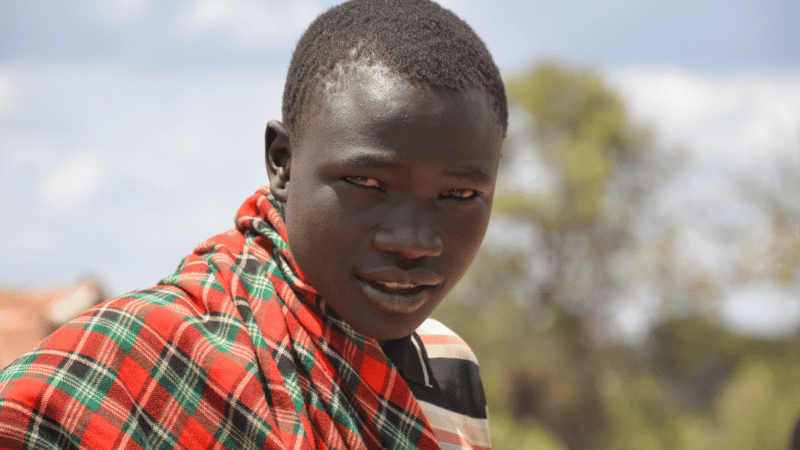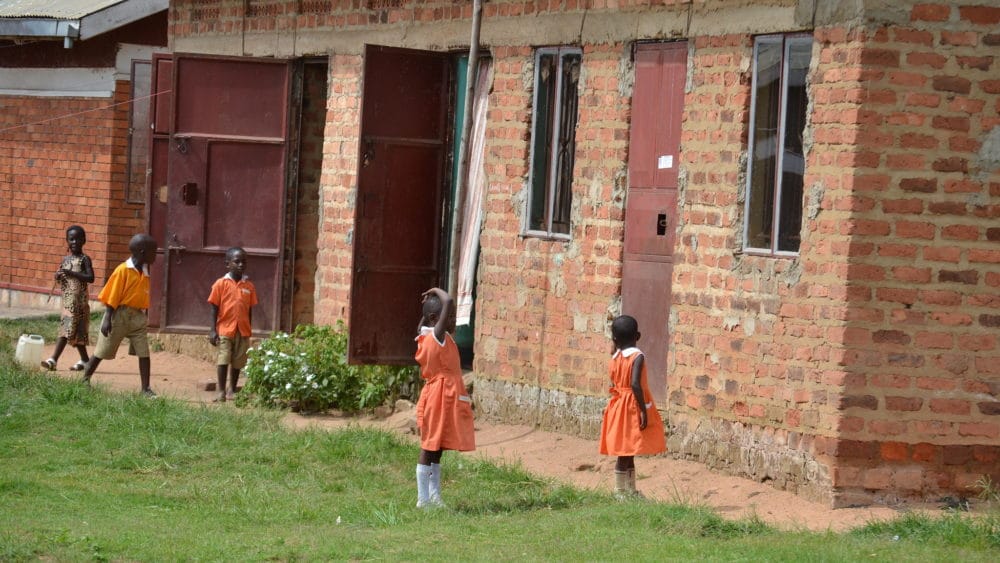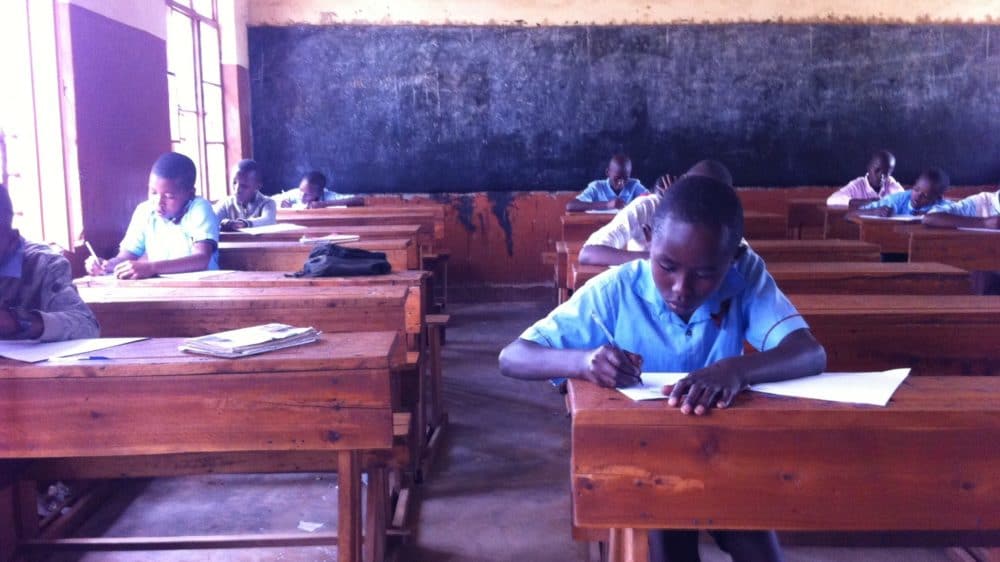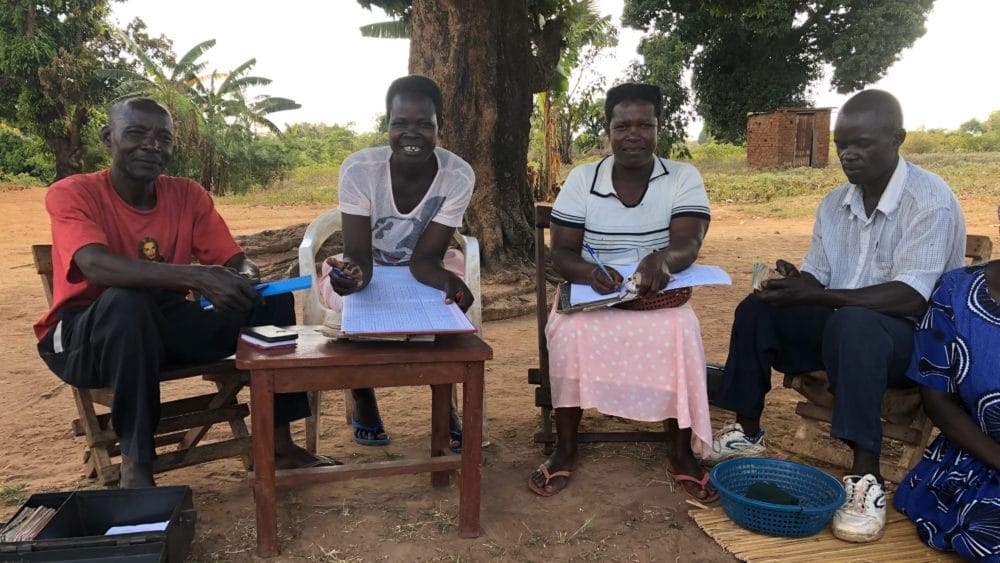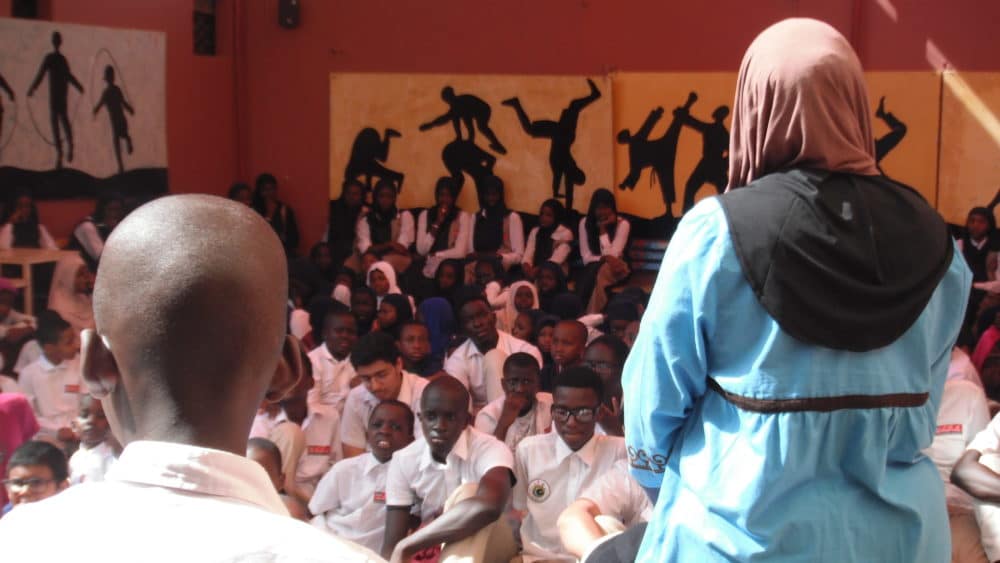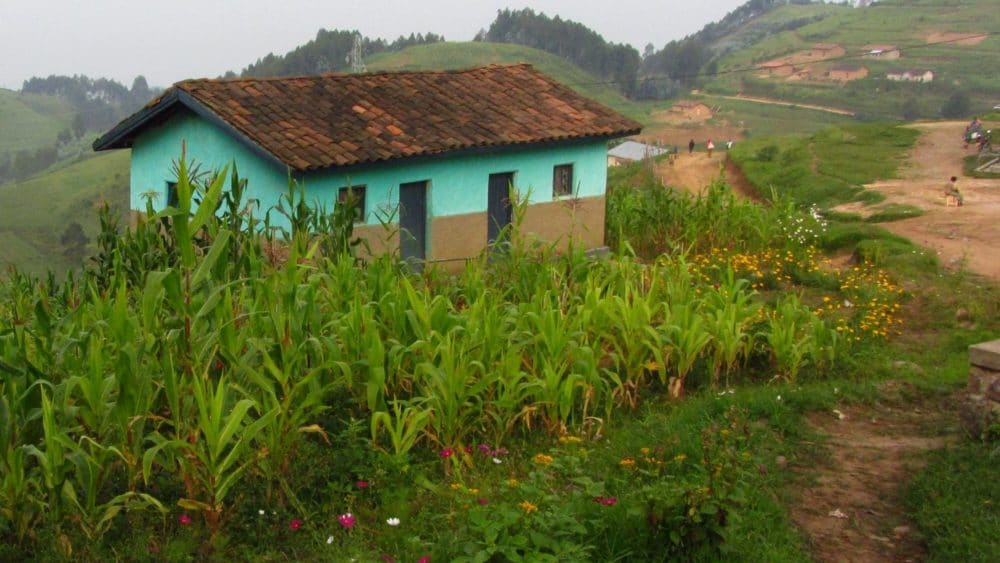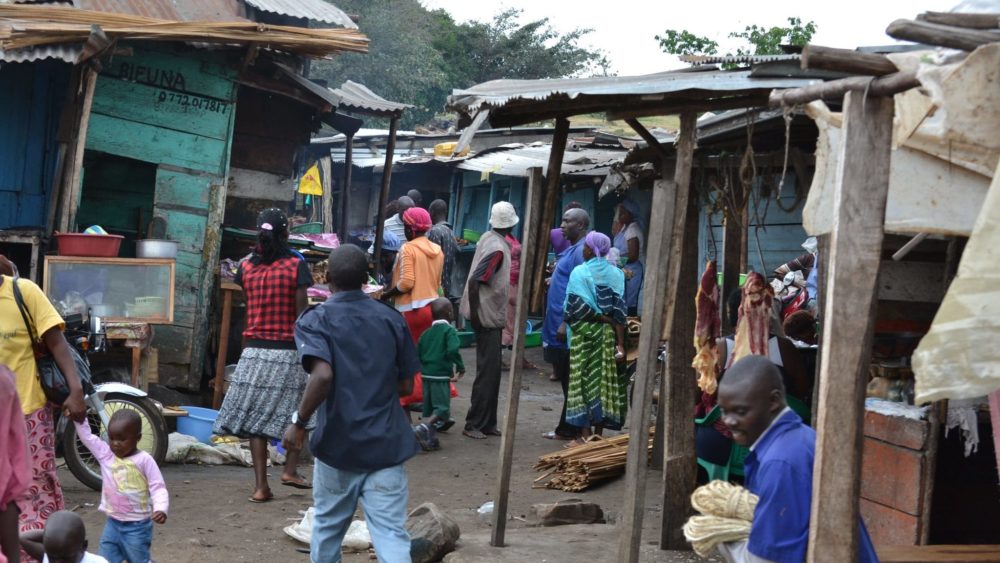In rural Uganda there is a generation of young women and men who are the first in their family to go to school. Most do not have jobs. Many also participate in local institutions: churches, courts, land committees. What changes are educated, often unemployed, youth bringing to these institutions? What ways does their participation reconfigure gender relations? What concepts and categories do youth use to understand what they are doing? Available research on education focuses on learning outcomes and economic impact, or on the spread of modern attitudes, particularly among male urban youth. Less is known about the changes educated youth are bringing to communities through participating in institutions. Our research programme is designed and implemented by and with young people, and in partnership with a Ugandan community organisation. Through an interdisciplinary approach that brings in the voices and experiences of young people, we want to see youth unemployment differently
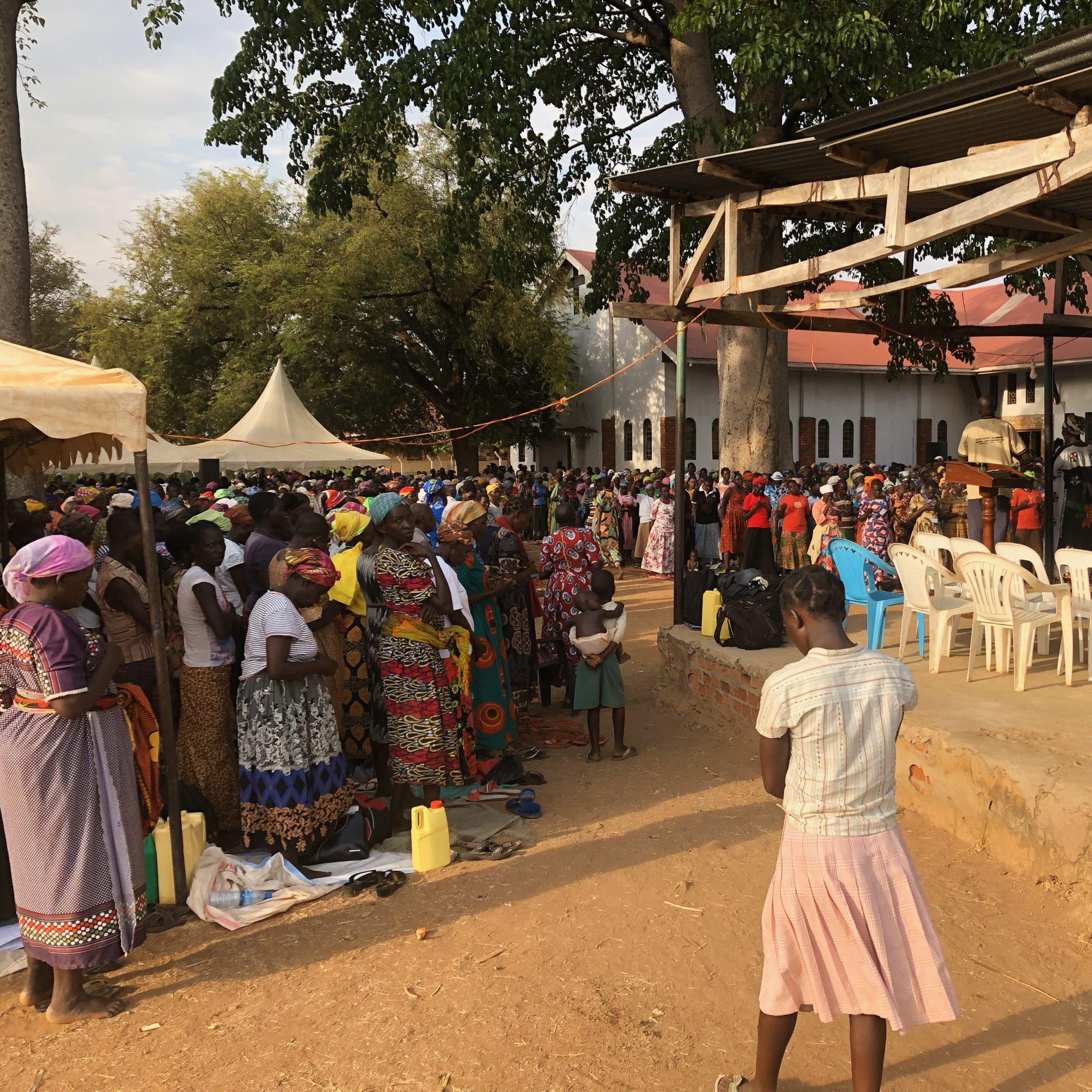
Challenging categories: educated unemployed youth as institutional innovators in rural Uganda
2020 - Ongoing
Project status: Current
Funded by: British Academy


